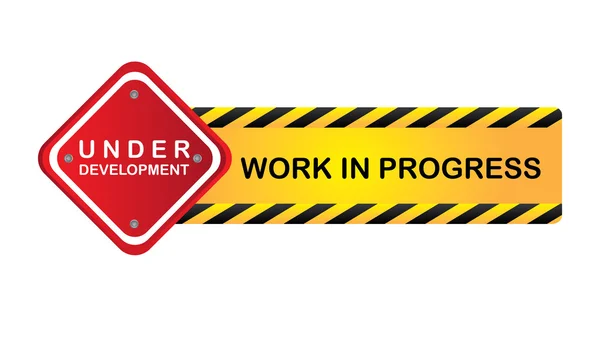
The Power of Learning Languages and the Science Behind It
Language is more than just a tool for communication—it is a gateway to new cultures, career opportunities, cognitive enhancement, and personal growth. Learning a new language reshapes the brain, improving memory, problem-solving skills, and even delaying cognitive decline. Science-backed techniques, such as active recall, spaced repetition, and immersion, play a crucial role in making language acquisition more effective and long-lasting.
Why Learn a New Language?
- Cognitive Benefits – Studies show that bilingual individuals have sharper cognitive abilities, including improved focus, better multitasking skills, and stronger problem-solving capabilities. Learning a language challenges the brain and enhances neuroplasticity, allowing it to form new neural connections.
- Career & Professional Growth – In an increasingly globalized world, knowing multiple languages is a major competitive advantage. Bilingual professionals often have higher salaries, better job prospects, and greater opportunities in international business, diplomacy, and remote work.
- Cultural Understanding – Learning a language is not just about words; it’s about understanding traditions, customs, and worldviews. It helps break barriers, fosters empathy, and makes travel experiences richer and more immersive.
- Enhanced Learning Abilities – The scientific process of learning a language strengthens overall learning abilities, making it easier to pick up new skills, whether it’s music, coding, or analytical thinking.
Scientific Methods to Enhance Language Learning
- Spaced Repetition – Research shows that reviewing words and phrases at increasing intervals helps retain knowledge long-term. Flashcard systems like Anki and spaced repetition algorithms are effective for vocabulary retention.
- Active Recall – Instead of passively reading or listening, learners should actively test themselves by recalling words and phrases. This strengthens memory and improves retention.
- Immersion – The fastest way to learn a language is by immersing yourself in it—listening to native speakers, watching movies, and thinking in the language.
- Comprehensible Input – According to linguist Stephen Krashen, learners acquire language best when exposed to material slightly above their current level but still understandable.
Conclusion
By combining scientific methods with consistent practice, learning a new language becomes easier, more effective, and enjoyable. It opens doors to new opportunities, cultures, and personal growth, making it one of the most valuable skills anyone can acquire. 🚀🌍